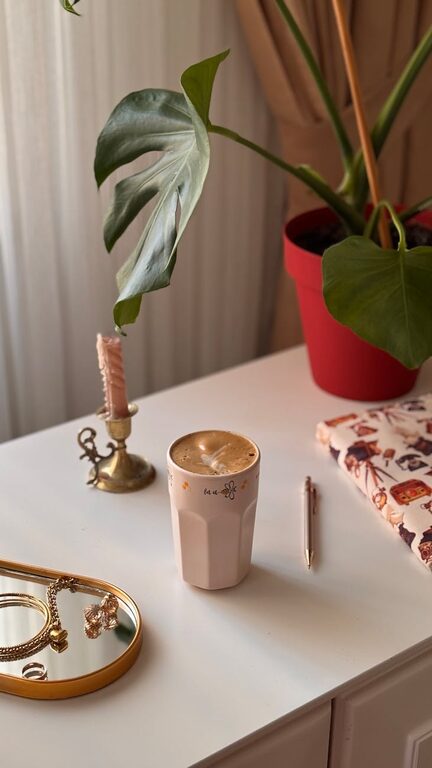Creating a relaxing home workspace is essential for maintaining focus and productivity, especially if you spend many hours working from home. A well-designed workspace not only helps you complete tasks efficiently but also reduces stress and enhances your overall well-being. In this post, we’ll explore practical steps to set up a calming and comfortable home office that suits your needs.
Why a Relaxing Workspace Matters
Your environment plays a huge role in how well you work. A cluttered, noisy, or uncomfortable space can distract you and drain your energy. Conversely, a relaxing workspace can inspire creativity, improve concentration, and make working from home more enjoyable.
Choose the Right Location
Find a Quiet Spot
Start by selecting a location in your home that minimizes distractions. Ideally, pick a corner or room away from heavy foot traffic and noisy areas like the kitchen or living room. If space is limited, a cozy nook can work well with some organization.
Consider Natural Light
Natural light is one of the best features for any workspace. It helps reduce eye strain, cheers up your mood, and keeps you alert. Position your desk near a window if possible. If natural light is scarce, invest in good-quality lighting that mimics daylight.
Invest in Comfortable Furniture
Ergonomic Chair
Sitting comfortably is crucial when working long hours. An ergonomic chair that supports your posture can prevent back and neck pain. Look for adjustable features such as seat height, lumbar support, and armrests.
Functional Desk
Choose a desk with enough surface area to hold your essentials without feeling cramped. A clean, simple desk design can encourage organization and keep your space tidy.
Personalize with Calming Decor
Soothing Colors
Colors affect mood and productivity. Soft, neutral tones like light blues, greens, or earthy shades create a peaceful vibe. Avoid overly bright or harsh colors that might cause distraction.
Add Plants
Indoor plants not only brighten up your workspace but also improve air quality. Easy-care plants like succulents, spider plants, or peace lilies add a touch of nature and can reduce stress.
Inspiring Artwork
Hang up a few pieces of artwork or photos that inspire you without overwhelming your space. Minimalist prints or calming landscapes are great choices.
Keep Your Workspace Organized
Declutter Regularly
Regularly tidy up your desk to prevent clutter buildup. Use desk organizers, trays, or storage boxes to keep papers, stationery, and gadgets neatly arranged.
Cable Management
Messy cables can be distracting. Use cable clips, zip ties, or a cable management box to keep wires out of sight.
Digital Organization
Don’t forget to keep your computer files and emails organized. Clean desktops and well-structured digital folders reduce mental clutter.
Create a Relaxing Atmosphere
Aromatherapy
Consider using a diffuser with essential oils such as lavender, eucalyptus, or peppermint to promote relaxation and concentration.
Sounds and Silence
Some people work best in silence, while others prefer background sounds. Experiment with white noise machines, nature sounds, or soft instrumental music to find what helps you focus.
Take Breaks and Move
Design your workspace to encourage movement. Add a small area for stretching or stepping away from your desk. Taking short breaks can improve productivity and reduce fatigue.
Maintain a Healthy Routine
Keep your workspace separate from your relaxation areas as much as possible. Clear boundaries between work and rest help your mind switch off after work hours.
—
Creating a relaxing home workspace is about balancing comfort, functionality, and aesthetics. By selecting a good location, choosing the right furniture, personalizing with calming decor, and staying organized, you can build a space that makes working from home a positive experience. Start small, and adjust your setup as you discover what works best for you.

